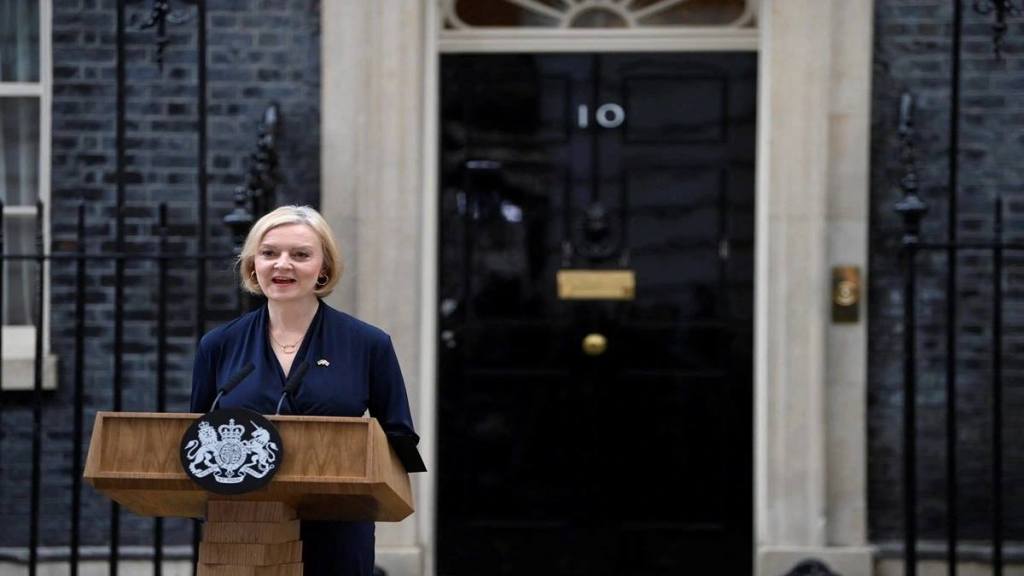Gulzarilal Nanda
Born in 1898, Gulzarilal Nanda was an Indian politician and economist specialising in labour issues. For 13 days, he became the interim prime minister of India after the deaths of Jawaharlal Nehru and Lal Bahadur Shastri in 1964 and 1966, respectively. Both his terms as PM, for 13 days each, came to an end following Indian National Congress’s election of a new PM. In 1997, he was awarded the Bharat Ratna. In both cases, he was the home minister who went on to become the PM. He died in 1998 at the age of 99. He was known for leading a very simplistic, Gandhian life.
Chaudhary Charan Singh
Chaudhary Charan Singh was the fifth prime minister of India who served between July 28, 1979, and January 14, 1980. He was popularly known as the champion of India’s peasants. In 1959, he publicly opposed the then PM Jawaharlal Nehru’s socialistic and collectivist land policies in the Nagpur Congress session. This made him popular among the peasant communities across castes in north India. Charan Singh was sworn in as PM with outside support from Indira Gandhi’s Congress party. But Gandhi withdrew her support just as he was to confirm his majority in the Lok Sabha, leading to his resignation after 23 days in office.
George Canning
George Canning was born in 1770. The British Tory statesman held various positions under different PMs before becoming one himself from April to August in 1827 for a total of 119 days. The son of an actress and a failed businessman and lawyer, Canning attended Eton college and Christ Church, Oxford, and entered politics in 1793. He served in several notable positions like the paymaster of the forces (1800–1801) and treasurer of the navy (1804–1806) under William Pitt, and foreign secretary (1807–1809) under the Duke of Portland, among others. Once he became the PM, his health began to decline and he died of tuberculosis in 1827. Before Truss, he was known to be the shortest serving British PM.
HD Deve Gowda
An Indian politician from Karnataka, HD Deve Gowda was appointed the 11th prime minister of India from June 1, 1996 to April 21, 1997. The national president for the Janata Dal, he also served as the 14th chief minister of Karnataka from 1994 to 1996. He had joined the Indian National Congress Party in 1953 and was also imprisoned during the Emergency. He was chosen as the PM when in the 1996 elections, Congress lost but no other party had won enough seats to form a government. He is also known to have started the Delhi metro project development.
Also Read: Smart home decor : Technology offers a slew of home decor options
William Henry Harrison
William Henry Harrison was born in 1773 and was an American military officer and politician. He served as the ninth president of the United States. He died 31 days after his inauguration in 1841 and is known to have the shortest presidency in US history. He also became the first president to die in office. He was the paternal grandfather of Benjamin Harrison, the 23rd president of the US and the last president who was born as a British subject in the Thirteen Colonies.
John Turner
John Napier Wyndham Turner was a Canadian lawyer and politician who became the 17th Prime Minister of Canada from June to September 1984, a successor to Pierre Trudeau. Before this, he was the leader of the Liberal Party of Canada and leader of the official opposition between 1984 and 1990. He stepped down as the elections were called in just a week after his swearing in. He served the office for two months and 17 days.
Liz Truss
Mary Elizabeth had become the prime minister of the United Kingdom on September 6, 2022. However, after almost two months at the office, she announced her resignation, but will continue to serve until a new leader is chosen. The economic turmoil in the country following her implementation of her economic programme had taken away the support of her own party members. She had previously defeated former finance minister Rishi Sunak, who is also the son-in-law of NR Narayana Murthy and Sudha Murty, to ascend to the position. The troubles started with her ‘mini budget’ that included large new borrowing to pay for sweeping tax cuts, as well as scrapping a cap on bonuses of bankers. She had made ‘tax cuts’ as her main agenda to replace previous PM Boris Johnson. She said in a press statement, “Given the situation, I cannot carry out the mandate for which I was elected…I will remain as prime minister until a successor has been chosen.”

